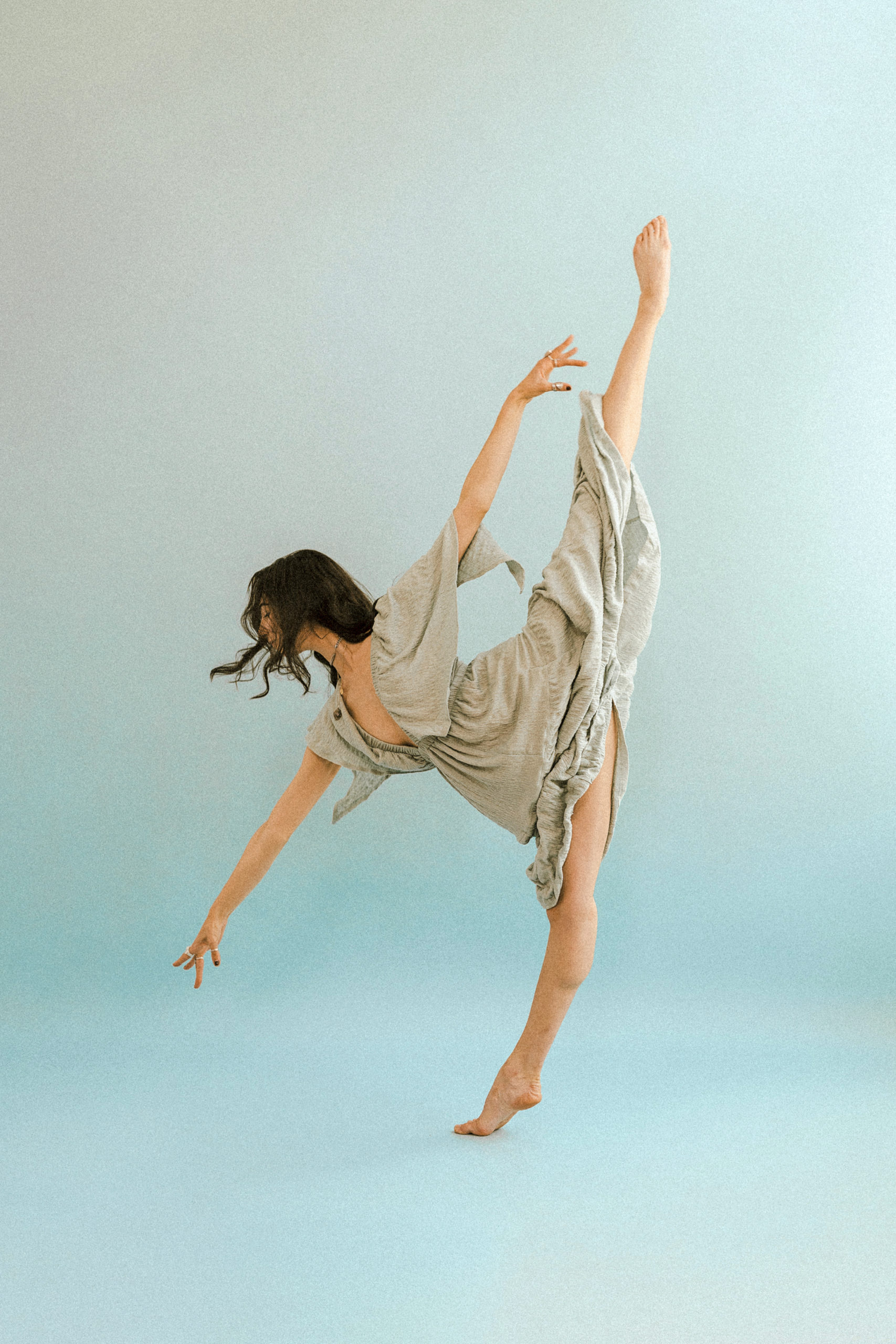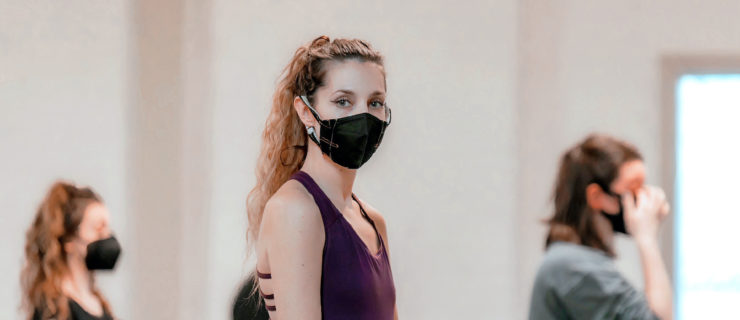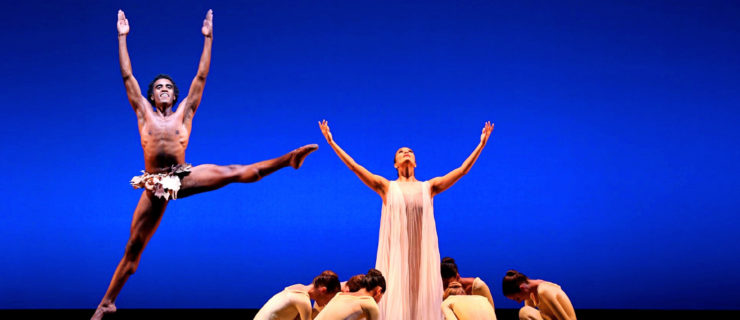Dance Is Therapy—But Dancers Need Better Mental Health Care
I was halfway through a tendu combination at the barre when my hands began to shake. I desperately looked at the clock, wanting to make the time pass faster. The mirrors in the studio were closing in on me. I was suffocating (or so I thought). I was experiencing a panic attack.
It felt like I was fighting with my body to gain a sense of control. I wondered, after nearly 15 years of rigorous dance training, why now did I feel so panicked? Dance had always been my safe space, a method for emotional and physical healing. I could typically count on the familiar music and consistent, ritualistic progression of a class for comfort—until I realized that the very thing that was helping me cope with anxiety was simultaneously the perpetrator. All the years of negative self-talk, pushing through pain, and looking at myself through the warped reality of the ballet lens were finally catching up to me.
It dawned on me that if it had been a rolled ankle or a strained tendon, I could have gone down the hall for physical therapy. But because my injury was mental, in a literal and metaphorical sense, there was nowhere to run.
I felt alone and lost. Most of all, I felt frustrated that so many dance institutions have such a skewed system of priorities.
How many times have you seen a fellow dancer quietly tearing up in class? How many times have you seen a dancer dealing with life’s inevitable heaviness still attempt to leave it outside the studio? How many times have you seen a dancer force themselves to show up when they should have been resting? I can name countless times and countless dancers. But the show must go on, right?
I’d like to challenge this statement and say that the show can wait, especially when it’s at the expense of mental health. Saying that the show must go on is one of the most damaging lessons drilled into dancers’ minds. It teaches that to be a true artist, you must endure pain and suffering. It teaches that the performance and entertainment value for audience members is more important than listening to your body.
Mental-health care should not be taboo. The dance world can be a Petri dish for mental illness and self-doubt to fester, consciously or unconsciously enabled by those in powerful positions. Yet dancing can be an organic response to joy, and therein lies the paradox: Dance is therapeutic, but dancers need therapy.

As isolating as my anxiety often feels, I know that I am not alone. As artists, we’re taught that we are never giving enough of ourselves. This I’m-not-doing-enough mentality that dancers exhibit remains in the subconscious long after we’ve left the studio-grind lifestyle. I recently spoke with a 64-year-old former dancer who explained that she’s still hypercritical of her body and never feels like she’s doing enough, despite having left the dance world years ago.
In August of 2020, I began therapy. I was in the process of navigating normal 20-year-old things—college, stress and relationships. Six months in, I began to unpack my experience with sexual assault. Therapy has taught me how life continually builds on experiences, especially trauma. I began connecting the dots of how my dance training had affected my cognition and responses to situations that feel violating. I realized how the way I felt like I needed to endure an uncomfortable and threatening situation for the sake of another person was directly linked to the way I was taught that you don’t stop dancing in the middle of a performance. I’m so tired of being quiet. I’m tired on behalf of all the dancers.
Therapy has helped me regain my sense of self and identify the unhealthy values dance had instilled in me. I show up to dance spaces differently now. I take a more gentle and understanding approach. I allow my body to rest. For me, developing a healthy relationship to dance is a gesture of self-love, and I want it to set a positive example for younger dancers. As a dance educator, I feel a responsibility to investigate the dance world’s impact on my mental health to avoid passing down trauma to the next generation of dancers.
Sometimes the show can, and must, stop.




